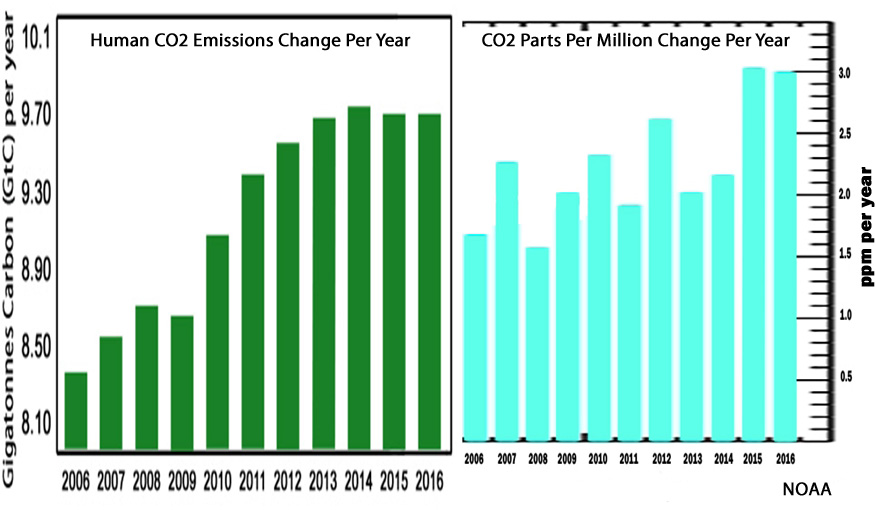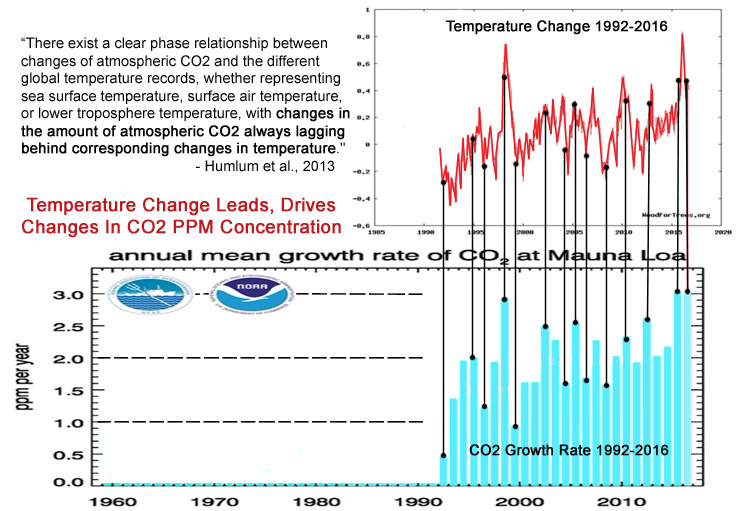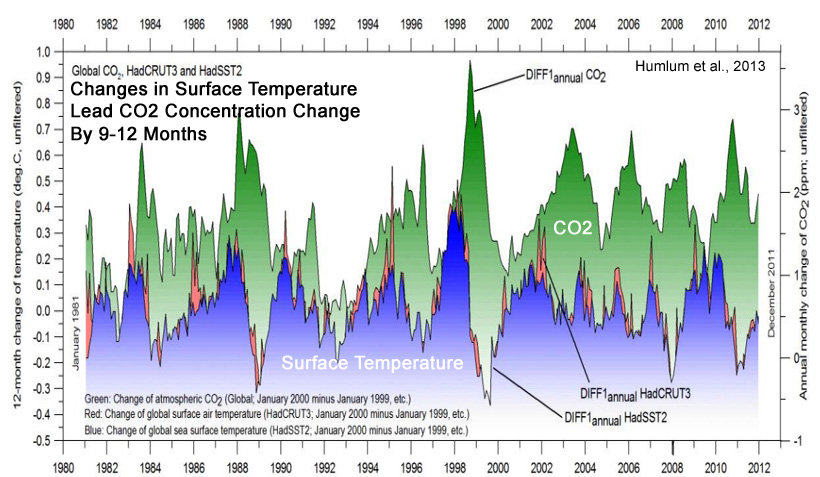Wyatt earp
Diamond Member
- Apr 21, 2012
- 69,975
- 16,396
- 2,180
Yet you call man made climate change a fact yet can't tell us how much is natural and how much is man made.
.
I'm not a scientist; my point of view is to believe the scientists at NOAA and not people on this message board or Trump&Co.
National Oceanic and Atmospheric Administration
What does that link have to do with my simple question?
Now tell us how much is it man made and how much is it natural.
.
Your simple question was answered, sad that you could not understand it. I'll repeat it, so you may find someone to explain it to you:
"I'm not a scientist; my point of view is to believe the scientists at NOAA and not people on this message board or Trump&Co."
What does a scientist have to do with my simple question?
You know how do use Google, please tell USMB how much is it man made and how much is it natural?
Oh yeah no one knows.
And there lies the problem to your fantasy of environmental social justice.
.
Here is what we know. We look at the rise in CO2 concentrations & we do know that the vast majority is due to man made emissions.
The only fantasy is your thinking you know more than the scientists.
And once again you and your so called " junk scientist" think 30 years or less worth of data is an accurate representation of an earth 4.5 billion years old?
.



